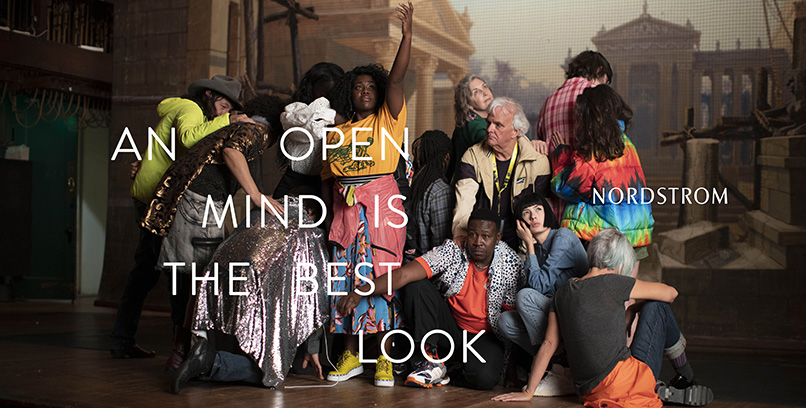Fenty Beauty engaged in “intentional discrimination” by “making it impossible” for visually impaired customers to “properly and fully utilize its [e-commerce] website.” That is what plaintiff Beatriz Gutierrez asserted in the lawsuit that she filed against Rihanna and LVMH’s beauty brand this summer, adding them to the long – and still growing – list of brands and retailers that have been hit with lawsuit accusing them of running afoul of federal law, namely, the Americans with Disabilities Act (“ADA”), and/or state civil rights law for failing to make their websites available to all.
Fenty Beauty was hardly the first company to be named in such a suit, with brands and retailers, such as Ralph Lauren, millennial beauty brand Glossier, H&M, the Kardashians’ now-defunct Dash chain, Lacoste, Jo Malone, Coach, Giorgio Armani, Gucci, Wet Seal, Versace, Vera Wang, Valentino, Urban Outfitters, Tory Burch, Bally, Hugo Boss, Louis Vuitton, Perry Ellis, New Balance, Nike, and J. Crew, among thousands of others, all being named in nearly identical lawsuits in recent years, making this a prime area for litigation (although, most of these cases settle out of court long before trial).
Now, a new wave of ADA and state civil rights act lawsuits appears to be upon the retail industry: one that centers on the $400 billion gift card market. According to some 40 newly-filed lawsuits, brands/retailers ranging from Nordstrom and Express to Disney and Krispy Kreme Doughnuts are on the hook for allegedly failing to offer gift cards that make use of Braille. By not making gift cards available that include the touch-centric system used by visually impaired individuals, the defendants are being accused of violating the ADA, as well as state laws, such as New York State Human Rights Law and New York City Human Rights Law.
“Although the ADA does not specifically address gift cards, or similar specific programs offered by places of public accommodation,” according to Eversheds Sutherland LLP’s Lewis S. Wiener, Alexander P. Fuchs and Emily A. Bork, “the suits allege that the failure to make the gift cards independently accessible” – by using Braille – “deprives blind and visually impaired customers of equal access to the goods and services of the establishments.”
These new lawsuits raise questions, they state, about “whether all goods or services, like gift cards, offered by places of public accommodation must be independently accessible to disabled customers or whether providing employees to assist disabled customers with the purchase of those products meets a business’s requirement under the ADA to provide ‘effective communication.’”











